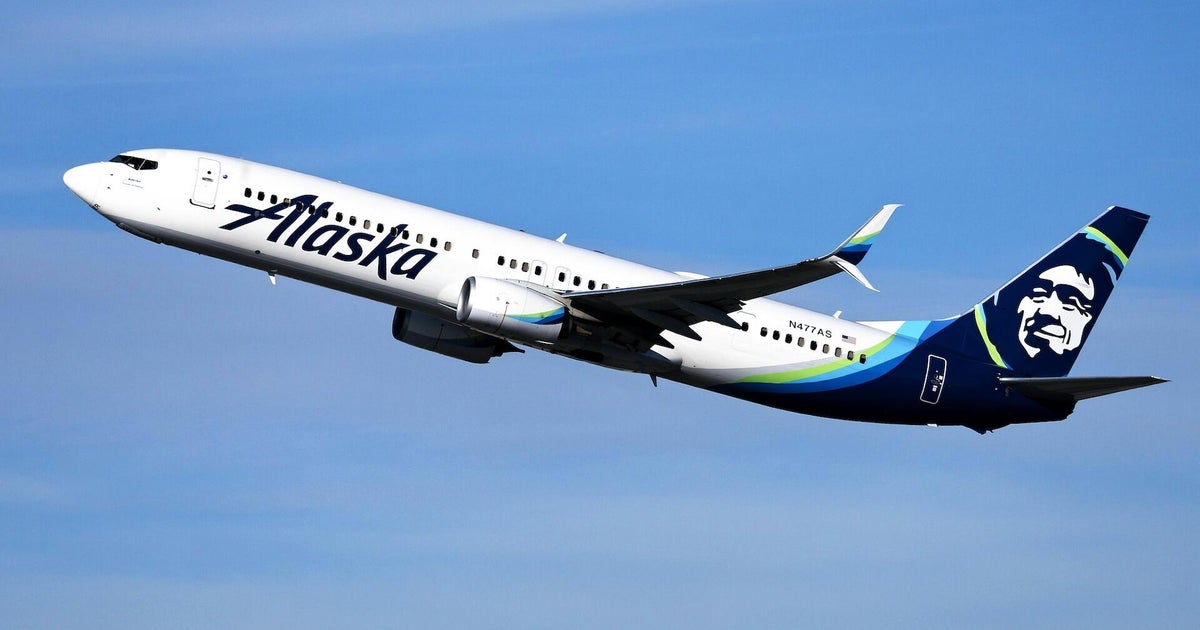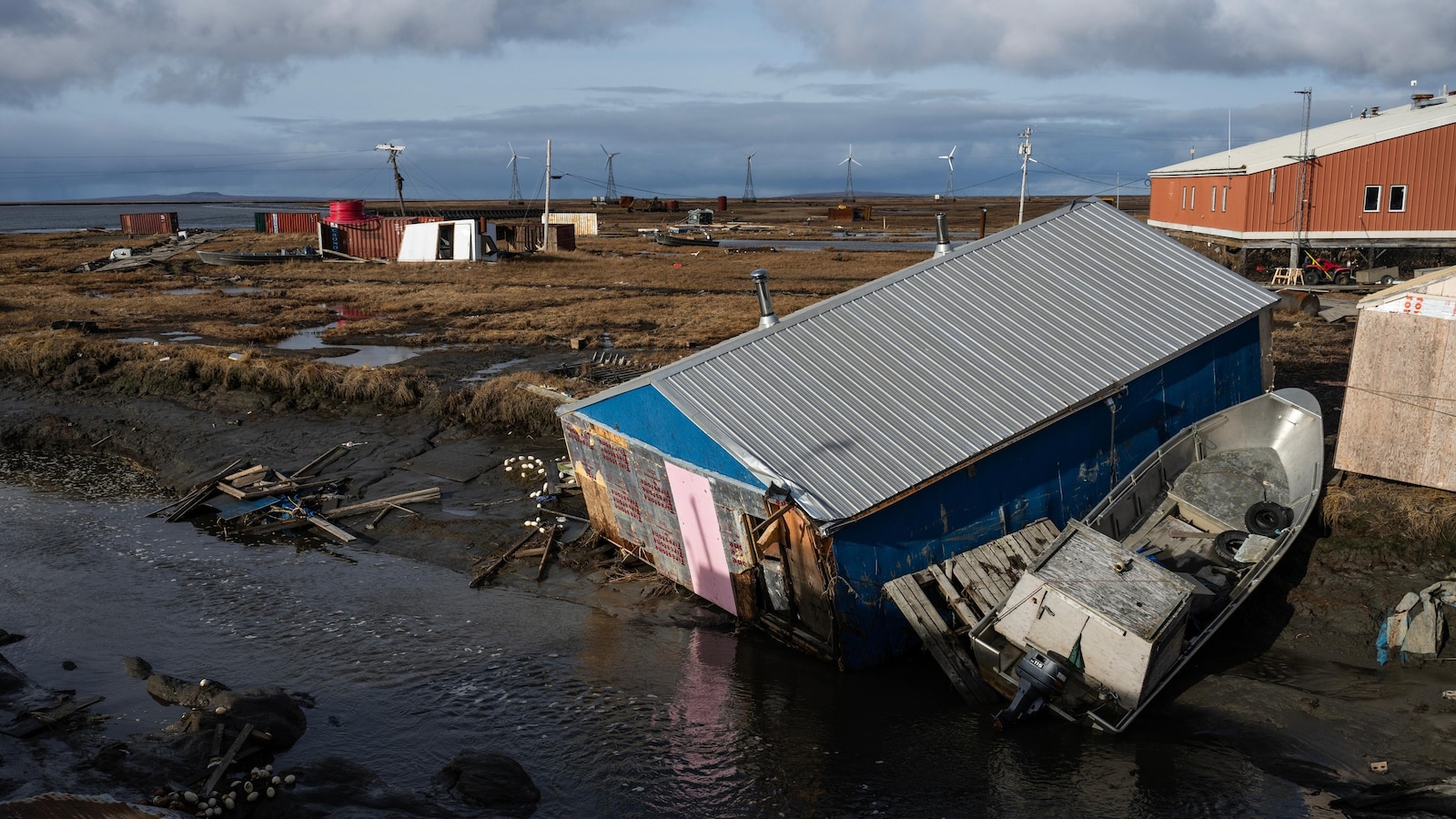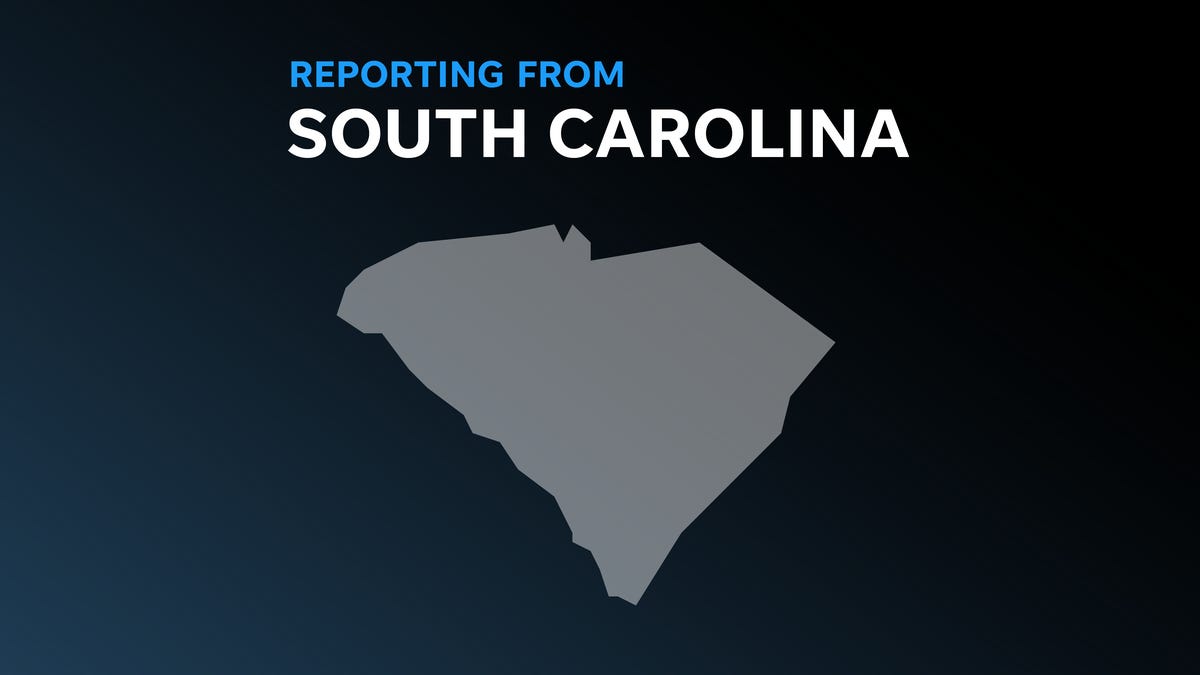Alaska
CDC Director Walensky makes visit to Alaska
/cloudfront-us-east-1.images.arcpublishing.com/gray/ESDIZUTOPNAFNNP4HAHS5RYN4A.bmp)
ANCHORAGE, Alaska (KTUU) – CDC director Dr. Rochelle Walensky made her first trip to Alaska this week as part of her overall mission to gain a better understanding on the status of health infrastructure across the United States.
“It was to understand the unique issues that Alaska has in their public health response, to championingthe incredible work that has been done here from the people in public health in Alaska,” Walensky said. “Alaska has been a leader in so many of the areas of public health, and really has really has some unique public health challenges.”
On Tuesday, Walensky toured the Alaska Public Health Laboratory in Anchorage, which state health officials say the lab played a critical role in Alaska’s COVID-19 response.
“If we didn’t have the infrastructure from the Public Health labs, we would have not been able to test for cases of COVID, and really being able to empower individuals, communities, tribal leaders, officials to being able to make the best decisions they could,” chief medical officer Dr. Anne Zink said.
Lab employees shared with Walensky the ongoing studies at their lab, how they had to adjust the building and add additional office space during COVID-19, and the struggles they faced during the pandemic.
“I have heard a lot about faxes being used and hand entering of data. That can all be automated, and investments in our data infrastructure would be critically important to do so,” Walensky said.
Walensky also said she learned more about how community engagement plays a critical role in Alaska.
“So much of what I’ve learned here is the importance of community engagement, and really understanding that rural communities have different needs than our more urban communities — and even different rural communities have different needs,” Walensky said.
Zink said coming to Alaska often helps put the needs of Alaskans into perspective for government officials. Visitors like Walensky get to see how much it cost to live in the state, how long travel takes and the distance from one place to another.
“Having her come here, hearing those stories, hearing those examples, I think will help to make CDC more nimble, be more responsive to the public’s need, and making sure that the data, information and resources they’re putting out works for Alaskans — as well as working for other states across the country,” Zink said.
Copyright 2023 KTUU. All rights reserved.

Alaska
Outage forces Alaska Airlines ground stop

Alaska
Trump issues disaster declarations for Alaska and other states but denies Illinois and Maryland

President Donald Trump approved major disaster declarations for Alaska, Nebraska, North Dakota and the Leech Lake Band of Ojibwe late Wednesday, while denying requests from Vermont, Illinois and Maryland and leaving other states still waiting for answers.
The decisions fell mostly along party lines, with Trump touting on social media Wednesday that he had “won BIG” in Alaska in the last three presidential elections and that it was his “honor” to deliver for the “incredible Patriots” of Missouri, a state he also won three times.
The disaster declarations authorize the Federal Emergency Management Agency to support recipients with federal financial assistance to repair public infrastructure damaged by disasters and, in some cases, provide survivors money for repairs and temporary housing.
While Trump has approved more disaster declarations than he’s denied this year, he has also repeatedly floated the idea of “ phasing out ” FEMA, saying he wants states to take more responsibility for disaster response and recovery. States already take the lead in disasters, but depend on federal assistance when the needs exceed what they can manage alone.
Trump has also taken longer to approve disaster declaration requests than in any previous administration, including his first, according to an Associated Press analysis.
The states approved for disaster declarations include Alaska, which filed an expedited request after experiencing back-to-back storms this month that wrecked coastal villages, displaced 2,000 residents and killed at least one person. Trump approved a 100% cost share of disaster-related expenses for 90 days.
North Dakota and Nebraska will also receive public assistance for August severe weather, and the Leech Lake Band of Ojibwe in Minnesota was approved for both public and individual assistance for a June storm that felled thousands of trees across its tribal lands.
Trump denied four requests, including Maryland’s appeal for reconsideration after the state was denied a disaster declaration for May flooding that severely impacted the state’s two westernmost counties.
Gov. Wes Moore, a Democrat, denounced the decision in a statement Thursday, calling the final denial “deeply frustrating.”
“President Trump and his Administration have politicized disaster relief, and our communities are the ones who will pay the price,” said Moore. The state has been supporting impacted individuals itself, deploying over $450,000 for the first time from its State Disaster Recovery Fund.
Maryland met the conditions necessary to qualify for public assistance, according to a preliminary damage assessment, but Trump, who has the final decision on the declarations, denied the state’s July request. Maryland appealed in August with further data showing the counties experienced $33.7 million in damage, according to the state, more than three times its threshold for federal assistance.
Trump also denied Vermont a major disaster declaration for July 10 floods after the state waited over nine weeks for a decision. The damages far exceed what some of the small towns impacted can afford on their own, said Eric Forand, Vermont’s emergency management director.
“It’s well over the annual budget or two years’ budget (of some towns), to fix those roads,” Forand said.
The other denials included an application from Illinois for individual assistance for three counties impacted in July by severe storms and flooding, and one from Alaska to rebuild a public safety building that burned in a July electrical fire.
Asked why the states were denied, White House spokesperson Abigail Jackson said, “President Trump provides a more thorough review of disaster declaration requests than any Administration has before him.” She said Trump was “ensuring American tax dollars are used appropriately and efficiently by the states to supplement — not substitute, their obligation to respond to and recover from disasters.”
Several states and one tribe still await decisions on their requests.
Not knowing whether public assistance is coming can delay crucial projects, especially for small jurisdictions with tight budgets, and sometimes leaves survivors without any help to secure temporary housing or repair homes now too dangerous to live in.
Before its approval Wednesday, the Leech Lake Band of Ojibwe was straining to cover the costs of clearing thousands of trees felled across its reservation by a June thunderstorm. As a tribe, it is entitled to apply for assistance independently of the state where it is located.
The tribe had spent about $1.5 million of its own funds so far, said Duane Oothoudt, emergency operations manager for the Leech Lake Police Department.
The tribe was “doing a lot of juggling, using reserve funding to operate and continue paying our contractors,” Oothoudt said just hours before being notified of the disaster declaration, nine weeks after submitting the request.
With federal funding approved for both public and individual assistance, Oothoudt said Thursday his one-man emergency management department would focus on helping survivors first.
“There’s a lot of work to do,” he said. “People were hurt by the storm.”
___
Associated Press writer Brian Witte in Annapolis, Maryland, contributed.
Alaska
Trump administration approves disaster declaration for Western Alaska storm
-

 World4 days ago
World4 days agoIsrael continues deadly Gaza truce breaches as US seeks to strengthen deal
-

 News3 days ago
News3 days agoVideo: Federal Agents Detain Man During New York City Raid
-

 Technology4 days ago
Technology4 days agoAI girlfriend apps leak millions of private chats
-

 News4 days ago
News4 days agoTrump news at a glance: president can send national guard to Portland, for now
-

 News3 days ago
News3 days agoBooks about race and gender to be returned to school libraries on some military bases
-

 Business4 days ago
Business4 days agoUnionized baristas want Olympics to drop Starbucks as its ‘official coffee partner’
-

 Politics4 days ago
Politics4 days agoTrump admin on pace to shatter deportation record by end of first year: ‘Just the beginning’
-
Science4 days ago
Peanut allergies in children drop following advice to feed the allergen to babies, study finds



















